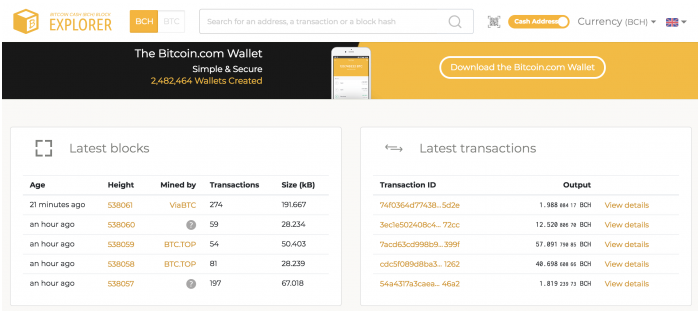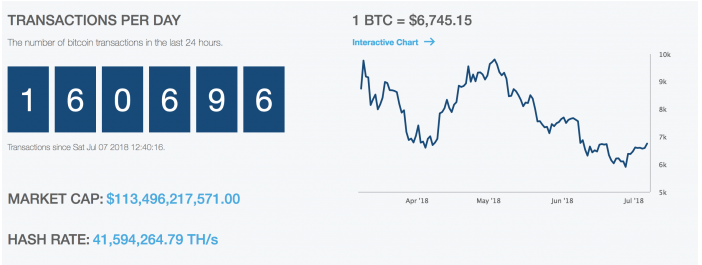Blockchain explorers have come a long way since bitcoin’s early days. In the beginning there were none. Then there were basic ones that allowed users to search for specific wallet addresses or transactions. Fast forward to today and we’re blessed with a plethora of blockchain explorers that can be used to extract all kinds of data from multiple blockchains including hidden messages, block heights, and rich lists.
1. Blockchain Explorers Are the Google of Cryptocurrencies
As giant public databases, blockchains, by their nature, are designed for exploration. It’s taken a while though for interfaces to be developed that facilitate such exploration. Cryptocurrency holders have traditionally used blockchain explorers to check on the progress of a transaction they’re sending or receiving, or to check the balance of a particular address, but the use cases for these tools doesn’t end there. Feature-rich blockchain explorers serve as the Google of cryptocurrencies, revealing all kinds of previously hidden or hard to access data.

The Bitcoin Wiki credits Blockexplorer.com as being the first dedicated tool of its kind, which was developed by Bitcointalk forum owner Theymos, who’s since sold it. It came online in November 2010, and while still operational today, is one of the lesser known blockchain explorers. The following five are among the best-known and most versatile explorers on the web today.
2. Blockchain.com
Blockchain.com, which until recently resided at Blockchain.org, is probably the best known BTC explorer. While its functions are basic by the standards of today’s explorers – you can search by block, transaction, or address – it’s trusted, reliable, and well presented. The site also provides a wealth of stats pertaining to BTC activity over the past 24 hours.

3. Blockchair.com
“Search the blockchain world for anything” is the rallying cry of Blockchair.com, and the site is as good as its word. It provides access to a trove of valuable data pertaining to the BTC, BCH, and ETH blockchains, including such things as mempool size, fees, number of nodes, and difficulty. Blockchair keeps getting better, and its array of variables that can be searched is unmatched. The explorer will even let you search for words and phrases that are encoded in the blockchain, enabling the curious to discover whether their hometown, sports team, or child’s name has been permanently encoded in the blockchain.

4. Tokenview
Tokenview.com is a multi-chain explorer developed by a Chinese team and launched earlier this year. It’s a little rough around the edges, with some occasional translation issues, but the number of blockchains it covers is unsurpassed. More than 20 popular blockchains can be searched, making Tokenview the ultimate all-in-one tool for checking up on transactions and addresses. The site also includes a rich list for each of the cryptocurrencies it covers.
5. Etherscan
There’s a few decent ethereum explorers out there but Etherscan.io is the most popular, and for good reason. It’s particularly good for looking up smart contract addresses, checking gas prices, and viewing DEX activity. Most of all though, Etherscan is used for checking the token balances of wallet addresses, something which other ethereum-based services such as Metamask and Myetherwallet can’t always reliably do.

Source
Plagiarism is the copying & pasting of others work without giving credit to the original author or artist. Plagiarized posts are considered spam.
Spam is discouraged by the community, and may result in action from the cheetah bot.
More information and tips on sharing content.
If you believe this comment is in error, please contact us in #disputes on Discord
Hi! I am a robot. I just upvoted you! I found similar content that readers might be interested in:
https://news.bitcoin.com/five-of-the-best-blockchain-explorers/